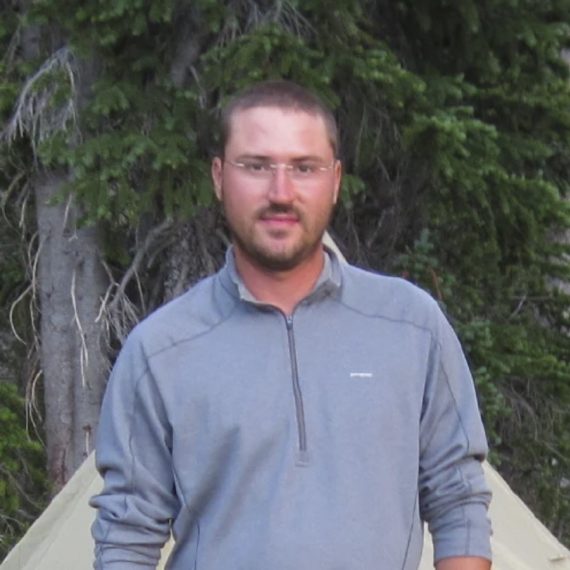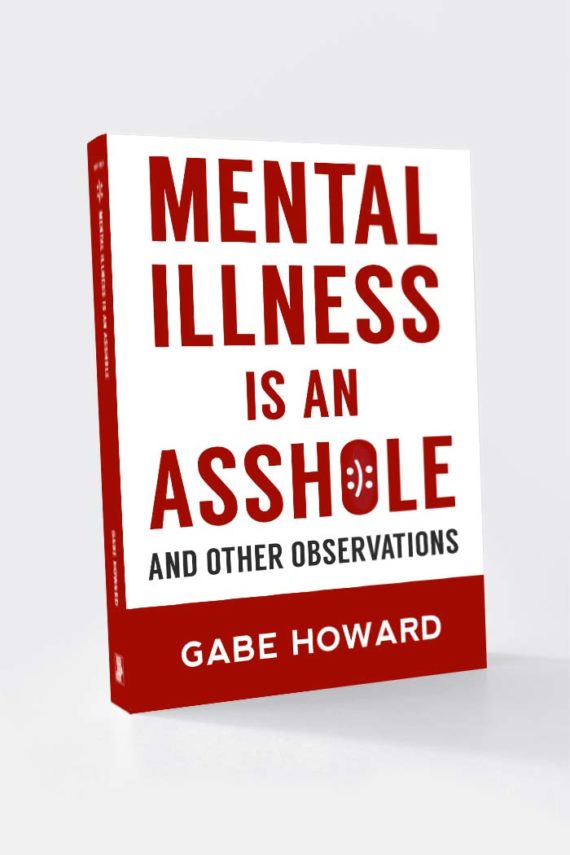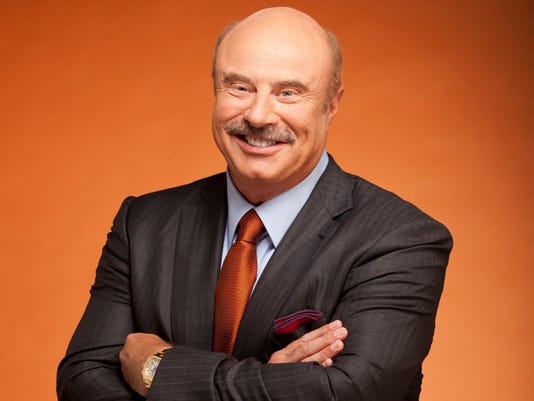
(3-1-19) We spend much time, money and effort fighting stigma. Charles Goldstein, a parent of an adult son with a serious mental illness, a doctor and a mental health advocate recently questioned the value of such efforts. Put simply: Is it worth our time and money? Here’s a copy of a speech that he gave before the Council for the Advancement of Global Mental Health Research at Columbia University.
Mental Illness, Stigma and Leprosy
To whom it may concern (and I believe that would be everyone).
My name is Charles Goldstein, I’m a retired emergency physician who’s worked in Phoenix Arizona in a busy metropolitan ER for over 40 years. I’ve worked with the mentally ill who were brought to or dropped off at my emergency room, usually inappropriately, because that’s one of the least helpful environments people with mental illness can be in. Almost none of the time that I was dealing with people with mental illness was I treating them, but more was trying to facilitate an appropriate discharge from the ER to someplace that might help them, a Herculean effort in and of itself. In addition, I have had the good fortune to work with very dedicated people striving to help people with mental illness. For the last 4 – 6 years or so I have become quite involved with organizations that do this good work; through this experience and because my wife, Laurie, and I personally have raised a child (now man) who has serious mental illness, I have a few things to say on the subject.






